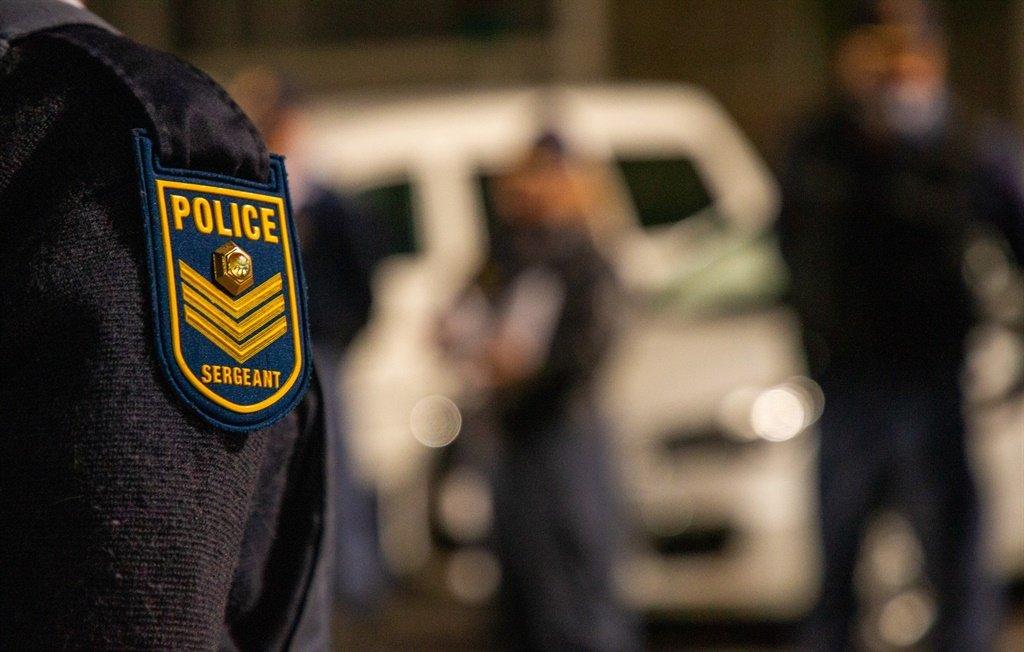Africa-Press – South-Africa. While Inanda police station was identified as one of the top three stations for reported rapes in the country on Friday, KwaZulu-Natal police commissioner Lieutenant-General Nhlanhla Mkhwanazi says improvements have been made.
Mkhwanazi addressed the media at a crime summit hosted by the provincial government in Durban, where he said despite the high number of sexual offences and rape cases, much work had been done at the police station.
In recent years, the area has been plagued by sex crimes with the police station often emerging with the most registered rape cases.
The release of the first quarter crime statistics from January to March 2022 by Police Minister Bheki Cele showed Inanda was back in the top three for sexual offences, with the province also highly ranked for murder.
The stats in KZN
KZN also took home the unenviable title of having the top police stations for murder cases, with Inanda, Umlazi and Plessislaer stations in the top three with a collective 245 cases.
From January to March 2022, the province also registered the most murders in South Africa with a whopping 1 576 cases, up 23 percentage points from the last quarter.
SA’s dismal crime stats reveal a ‘violent, brutal’ start to 2022
Inanda police station registered 98 rape cases in just three months, meaning there was more than one rape per day reported.
It ranked number one for sexual offences in the same period, recording 105 cases.
In total, KZN racked up a whopping 2 017 rapes, with the country sitting at 10 818 cases.
‘We have made improvements, but we need everyone onboard’
Mkhwanazi said while the statistics were poor, improvements had been made at the Inanda police station.
He added most of the crimes in Inanda occurred within homes, leaving police at a distinct disadvantage.
“The majority of crimes that happen in Inanda happen indoors and the crimes happen between people who know each other.
“It’s funny, because you think that alcohol would be a big contributing factor with crime, but when you do an analysis on the causing factors, that may not necessarily be the case. It is more than alcohol alone.”
Mkhwanazi said police would continue to change strategies in terms of policing.
“We have had quite good successes of late. It is a pity, our crime statistics are released every quarter which I guess helps the communities, society and interested parties plan forward, but at times, it feels like you are giving the score of a match before it is over.
“We are on a quarter basis; but we have a year to measure our performance. When you look at the current two months from April to date, the picture looks different from the previous month.
“Last year from the reporting period, we had a different level of lockdown. We will continue to improve our strategies in Inanda.”
‘Crime is not just the police’
Mkhwanazi also emphasised the fight against crime was not just the responsibility of police.
“It is not just about criminal justice departments. We should not blame the police only with regard to the success and failure of solving crimes.”
Police wonder ‘what went wrong’ as fourth-quarter crime stats increase sharply
He said he signed a memorandum of understanding with the Office of the Director of Public Prosecutions in the province and National Prosecuting Authority (NPA) to find the “best possible way to speed up prosecution in some of the cases”.
“For example, if a rape happens, DNA samples are primarily used as evidence, but there could be eyewitnesses in that matter. You find there is a reluctant prosecution without DNA evidence, although you see eyewitnesses.
“But you still want conclusive scientific forensic evidence that says yes, it is this person. Therefore, any technical delays with the forensic lab, then delays the whole prosecution of a case. That reflects badly on the police.”
Mkhwanazi added they were also trying to engage with the judiciary, but this proved more challenging.
“It is not easy because we do not decide what sentences they give to people. Regardless of how many times a person has been arrested or how serious the crime is, but if the judiciary decides to grant bail to that individual, they will.
“Society and media especially tends not to bring the judiciary and question them. There is that freedom within the NPA to take decisions, but not as much freedom as the police.”
The crime prevention summit continues until Saturday.
For More News And Analysis About South-Africa Follow Africa-Press






